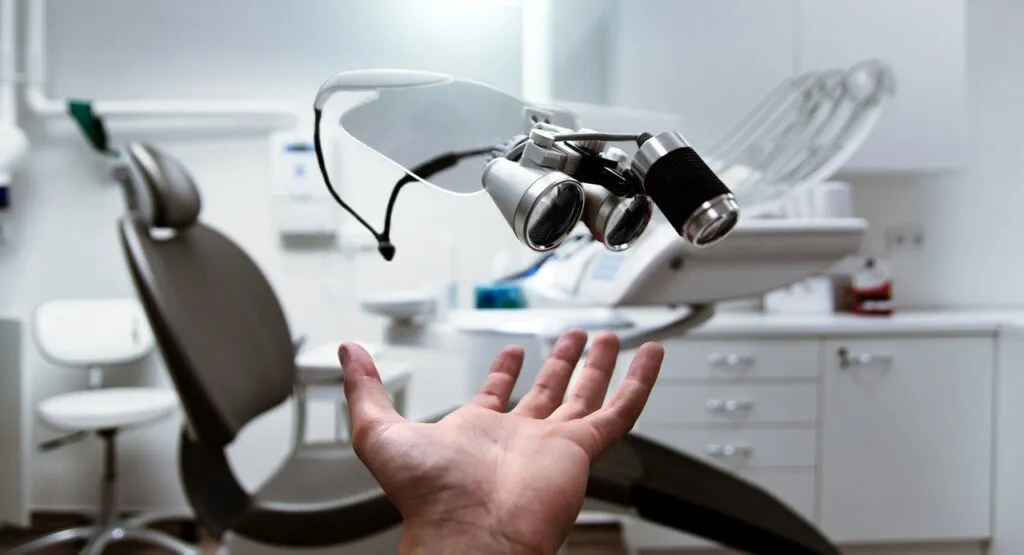Central to an eye’s function is the retina, the delicate layer of tissue at the back of the eye that processes light and sends signals to the brain, ultimately allowing us to see. When the retina is damaged or affected by disease, vision can be impaired in ways that range from mild to severe. Understanding retinal diseases and the treatment methods an ophthalmologist can employ is a significant step toward preserving eye health.
What Are Retinal Diseases?
Retinal diseases encompass any conditions that impact the retina’s ability to function properly. There are several types of retinal disorders, each with unique characteristics. Some of the more commonly encountered retinal diseases include the following:
- Age-related Macular Degeneration (AMD): A leading cause of vision loss, AMD affects the macula, the central portion of the retina. It often presents as blurred or distorted vision, particularly in activities like reading or recognizing faces.
- Diabetic Retinopathy: This condition occurs in individuals with diabetes when elevated blood sugar levels damage the blood vessels in the retina. It can lead to vision problems such as floaters, shadows, and, in some cases, permanent blindness.
- Retinal Detachment: This is a medical emergency where the retina separates from its supportive layer of tissue. Symptoms include sudden flashes of light and a shadow or curtain over part of the visual field.
- Retinitis Pigmentosa: A genetic disorder causing progressive degeneration of the retina. This leads to difficulties seeing in low light and a gradual narrowing of peripheral vision.
- Macular Hole: A small break in the macula, causing distorted and blurry central vision.
The effects of these diseases can vary significantly, from minor visual discomfort to significant loss of vision. While some retinal diseases progress gradually, others may develop suddenly and require prompt medical attention.
How Are Retinal Diseases Diagnosed?
Diagnosing retinal diseases typically begins with a comprehensive eye examination by an ophthalmologist. Using advanced technology and diagnostic tools, specialists can identify abnormalities affecting the retina. The following are some common methods used during the diagnostic process:
- Optical Coherence Tomography (OCT): OCT imaging serves as a non-invasive method for visualizing the retina in finely detailed cross-sections. This technique is often used to diagnose conditions like macular holes.
- Ultrasound Imaging: This technique is particularly useful in cases where the internal structures of the eye are not visible due to conditions like tumors.
When retinal disease is suspected, early and accurate diagnosis is integral to determining the most effective path forward for managing the condition. Regular visits to an eye care professional are especially necessary for individuals with risk factors like aging, diabetes, or a family history of eye disease.
How Are Retinal Diseases Treated?
The treatment of retinal diseases varies depending on the specific condition and its progression. Advances in medical technology and research have opened doors to a range of options that aim to manage symptoms, slow the progression of disease, or, in some cases, restore vision. Medications in the form of injections may be used to address certain retinal conditions. Laser treatments are frequently used to manage conditions like retinal tears. When conditions like retinal detachment occur, surgery is often necessary.
Reach Out to an Ophthalmologist
Retinal diseases, though complex, are manageable with advancements in modern medicine and early detection. Regular eye examinations with an eye care professional can make a significant difference in managing long-term eye health. If you are experiencing changes in vision, contacting an ophthalmologist is a great first step. Their expertise and diagnostic tools offer the best path forward for understanding and addressing any potential concerns.

